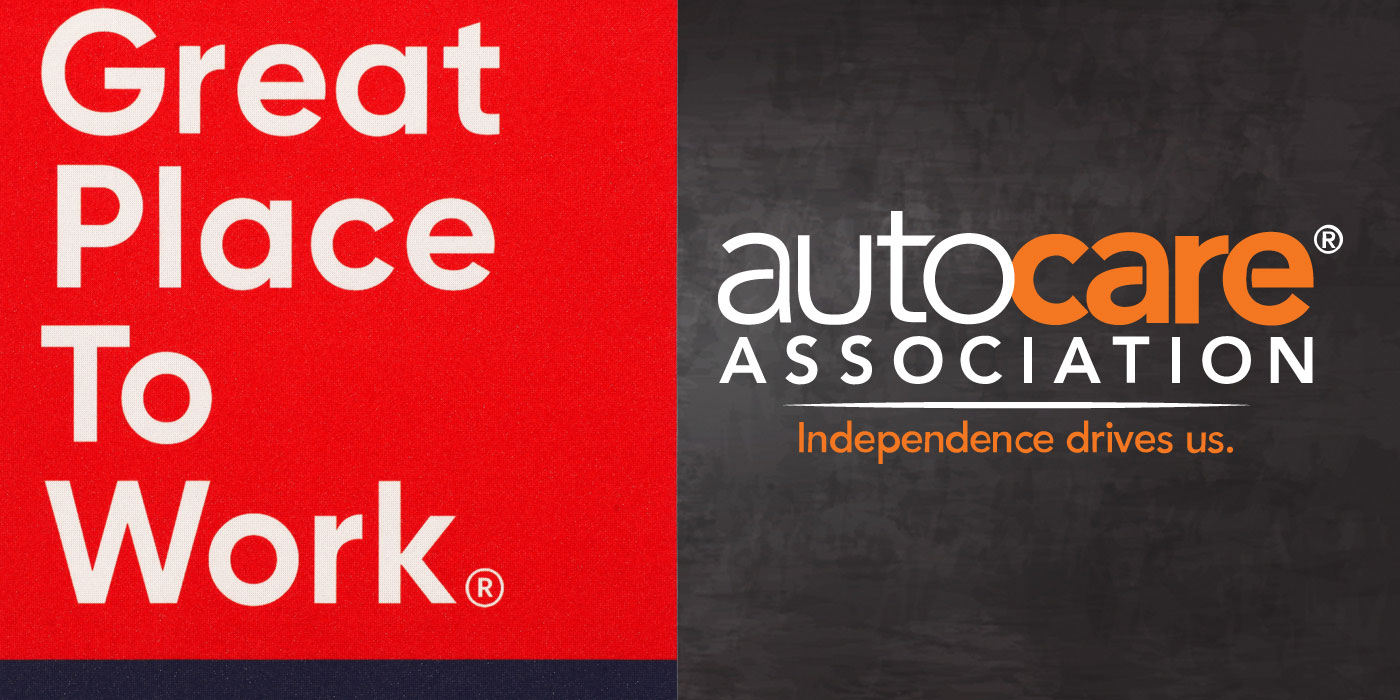For the past two decades, OEM oil recommendations for gasoline engines have become increasingly thinner. The smaller, more fuel-efficient engines found in today’s vehicles are capable of high mpg (miles per gallon) ratings in part because of low-friction, low-viscosity motor oils. Parts specialists are already becoming familiar with the wide range of 0W and 5W oils required for gasoline engines and the unique specifications of OEM approved oils. Our shelves are now stocked with more specialized oils than ever before, but the growing popularity of diesel-powered cars and light trucks means we will soon be making room for even more low-viscosity oils designed to meet tough new emissions and mileage standards.
For years, the only choice in oils for diesel engines was 15W40. From farm tractors to semis, pickups to cars, if a customer requested oil for a diesel-powered vehicle, it was likely the parts specialist would automatically recommend 15W40. Much like the oils recommended for gasoline engines, diesel oils also are now widely available in lower viscosities. The most common viscosities are 0W40, 5W40, and 10W30. Many European diesel passenger car and light truck manufacturers specify 0W40 or 5W40. These low viscosity oils help manufacturers meet emissions and fuel economy standards, many of which are more stringent in Europe than here in the U.S. For domestic light diesels, CJ-4 rated 10W30 also is widely recommended for the same fuel and emissions benefits. Specific vehicle recommendations can be found online, in most electronic cataloging, and also in the vehicle owner’s manual.
Beginning in 2007, the EPA introduced stricter exhaust emissions standards for diesels and reduced the sulfur content of on-road diesel fuel, opening the door for the American Petroleum Institute (API) to create the “CJ-4” service standard. This is the current service category found on virtually all diesel oils on our store shelves, but on Dec. 1, 2016, a pair of new API standards will be introduced to comply with increasing fuel-economy standards and emissions requirements. Both of these oil categories will provide better fuel economy, as well as increased shear and oxidation protection than the previous CJ-4 oils.
The new categories have been referred to collectively as “PC-11,” and are “high-temperature, high-shear” (HTHS) formulas. HTHS formulas offer greater protection for hotter-running diesels while also increasing fuel economy through lower viscosities. The first of these new standards is the “CK-4” service category, also known as “PC-11A” or “Higher HTHS.” CK-4 rated oils will soon replace CJ-4 oils, and will be backward compatible for all current diesel engines. It will be available in all of the current viscosities as conventional, synthetic and synthetic blend formulas. The second API standard is known as “FA-4,” and will be a unique category designed for increased fuel economy in diesels built to meet upcoming 2017 EPA diesel standards. Service category FA-4 is also referred to as “PC11-B” or “Lower HTHS.” FA-4 oils will have limited applications in current diesel engines, but due to their low viscosity may not be sufficient for many older diesels.
FA-4 oils will initially be available in 5W30 and 10W30 viscosities, which may lead to some confusion with gasoline-rated oils, since the FA-4 oils also will be compatible with gasoline engines. Most current diesel oils are harmful to catalytic converters because of their phosphorous content, and are not rated for gasoline engine service. (The current API category for gasoline service is “SN.”) As parts specialists, we must be careful to recommend the correct viscosity and service standard when these oils become available. An easy way is to look for the API “donut” symbol on the back of the container when selecting these oils. The API donut will indicate the viscosity as well as the oil’s suitability for use in CK, FA-4, and SN rated applications. If the required category is not shown on the label, recommend a different oil!







